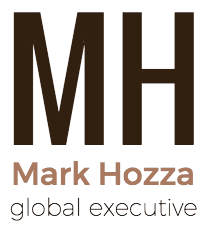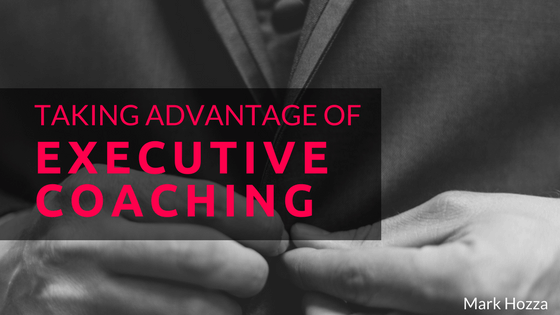An executive coach is a qualified professional who helps their clients gain self-awareness, clarify goals, achieve development objectives and ultimately unlock their potential.
Worldwide, executive coaching is a $3 billion per year industry. The American Management Association estimates that the need for coaching will increase in 2018. They also predict that executive coaching will continue to mature, especially in regards to the number of credentialed professionals in the field and the improvement of coaching’s return on investment.
Hiring an Executive Coach
Years ago, executive coaches were only brought in when major problems with a CEO or executive were putting the company at risk. In today’s era, there is significantly less stigma around executive coaching and can be an invaluable tool for anyone in a leadership position.
While larger companies will often recommend a coach as part of an executive development program, it is also common for CEOs and business owners to hire their own executive coach. Coaching is especially recommended for individuals who are newly promoted, facing a number of challenges, or being trained for a larger role.
Cost vs Benefit
According to the Harvard Business Review, the median hourly cost of coaching is $500, but it can range anywhere from $200 to $3,500. Many coaches will charge a 6-month or 12-month rate, but some still work on an hourly basis.
Eric Schmidt, former CEO of Google, and Fred Wilson, Venture capitalist, both advocate for the importance of executive coaches to build off of your existing skill set and become an even stronger leader in the long term.
The success of so many founders and executives, as well as the predicted growth of the coaching industry, is a compelling case for the effectiveness of executive coaching.
How to Benefit Most from Coaching:
- Keep an open mind. A client’s personal desire to learn and grow is one of the most important factors in coaching. An executive coach is not there to solve problems for you, but he or she will challenge assumptions, provide resources, ask questions and act as a sounding board.
- Interview potential executive coaches. The right match is key for a successful coaching experience. Even a coach’s stellar reputation and experience will not make up for a lack of trust between coach and client.
- Look for long-term success. You will not see results overnight. Your coach is there to not only improve current situations, but also to provide their services as new concerns arise.
- Consider external coaching development sources. An American Management Association survey (also mentioned above) indicated that external development programs for coaching are more highly correlated with success than internal ones.
Whether your looking to gain advice into modifying your own management style or just need help figuring out how to lead in an executive-level position, executive coaching will certainly provide insight on how to be the best at your position.

